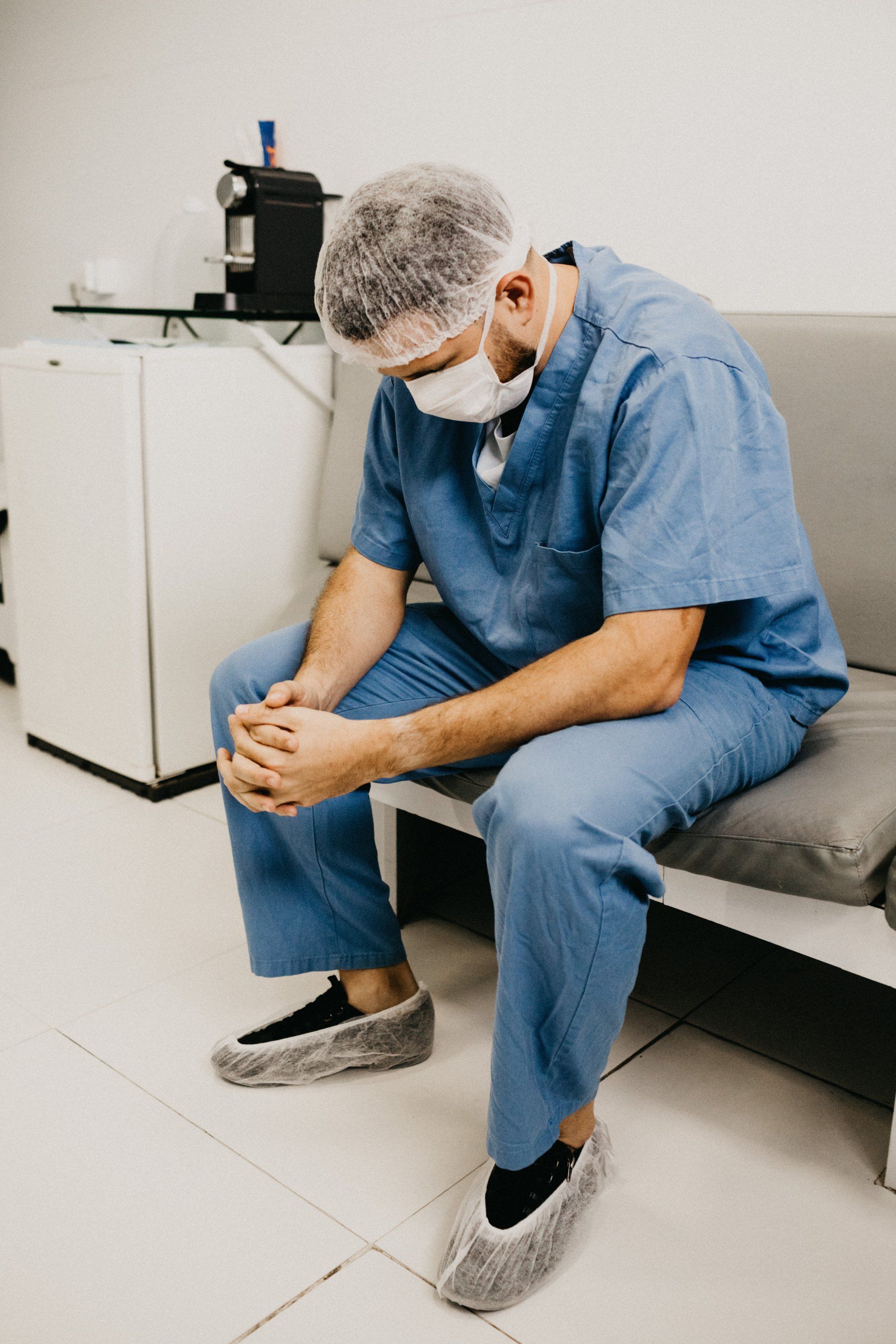Nursing organizations step up to address racism and its consequences
Racism and its effects on the health and well-being of the American people has now elicited a direct response from nursing organizations.
Mawata Kamara, RN (right), with members of National Nurses United at a rally.
The Black Lives Matter movement
A recent survey from Civiqs showed support for the Black Lives Matter movement has increased significantly as a result of the George Floyd incident, and now a narrow majority (51%) of American voters are in favor of the cause.
While some have reacted to the movement by responding that “All Lives Matter,” Grant said the phrase seems to be exclusive of black lives. “Until people understand the turmoil Black people have experienced, All Lives Matter misses the mark,” he said.
Grant experienced racism personally when he said he was overlooked for job promotions despite the fact that he was qualified or more qualified than other candidates, and when patients did not want him as a nurse because he was Black.
The racism Floyd endured is also reminiscent of an incident in the life of ED nurse Mawata Kamara, RN, a member of National Nurses United, which issued a statement in June. In 2008, Kamara was arrested and booked in jail in Hayward, Calif., because police said she did not pull over when they asked her to stop.
“I had stopped, and they gave me no explanation about why I’d been pulled over,” said Kamara, who had been on her way home from the night shift in the ED at San Leandro Hospital. “They asked me to get on my knees outside the car and put on handcuffs, and I was shaking throughout the ordeal,” Kamara said.
She was released nine hours later with the explanation that the officers had checked her record and she was clear.
Experiences of racism like this have led Black people to distrust not only police, but also healthcare providers, Kamara said.
In the ED, she has treated Black patients who appeared non-compliant, but the source of this behavior may be distrust. She recently cared for a Black patient who was rejecting medication suggested by a physician. Kamara asked the woman why she did not want to take the medication.
“She said that when people don’t have insurance, doctors do not care and want to get rid of the patient as quickly as possible,” said Kamara, who explained that she did not care how the patient paid and was there to take care of her.
Research also suggests racism affects decisions made by providers. According to a recent study highlighted in the New England Journal of Medicine, white patients typically had better access to specialized care compared to other racial groups at Brigham and Women’s Hospital’s Department of Medicine in Boston.
Access to healthcare, healthy food, safe drinking water and other social determinants of health also can be more limited for people of color, and nurse leaders hope the recent protests will lead to changes in communities.
“We have known for a long time that racism affects health, and the George Floyd situation and the higher incidence of COVID-19 in minority communities have brought this issue to the world’s attention,” said Jean Ross, BSN, RN, president of National Nurses United.




